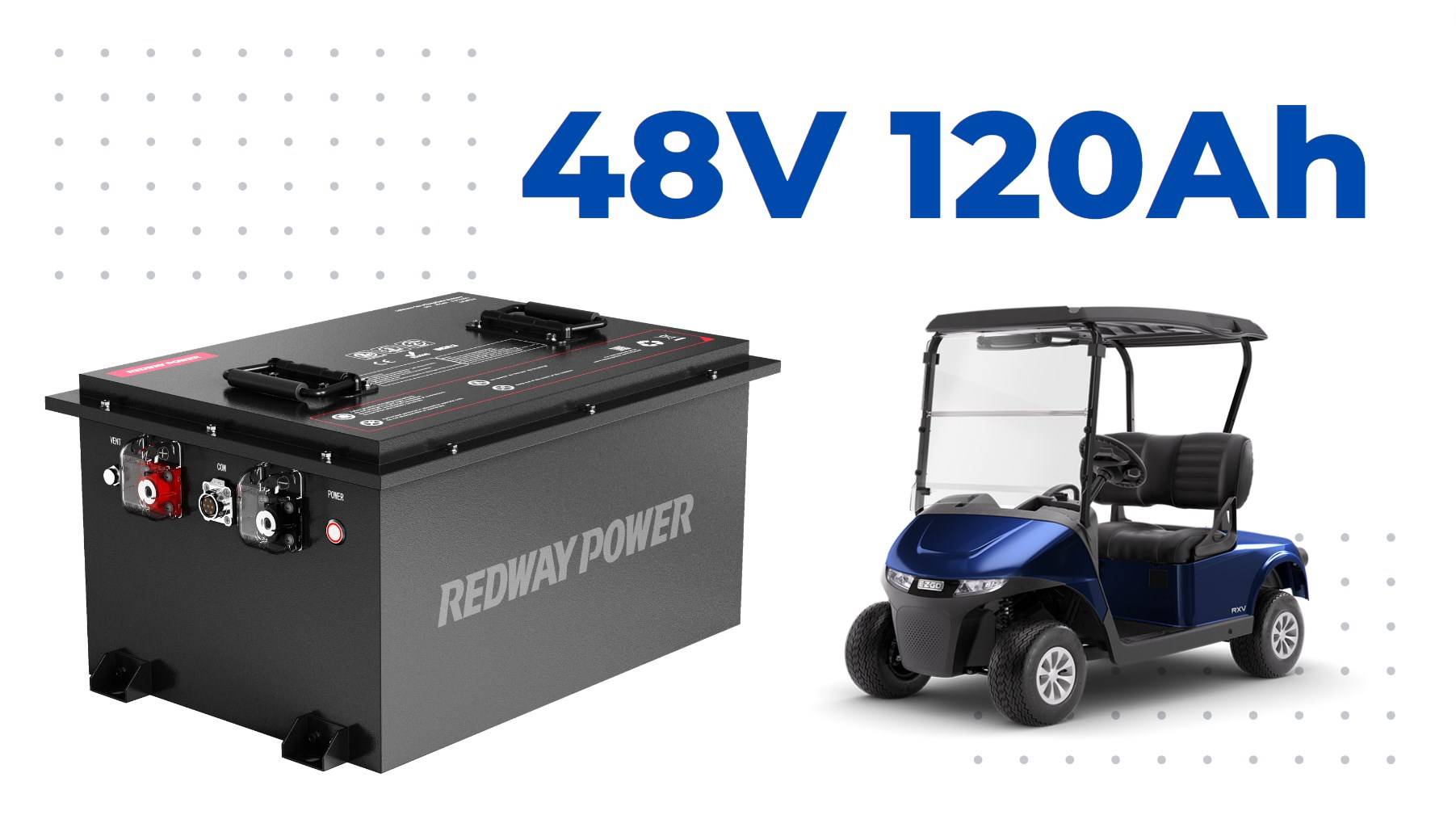
Blog
What Is the Cost of a 48V 120Ah Lithium Battery?

The cost of a 48V 120Ah lithium battery typically ranges between $1,750 and $3,800, depending on various factors such as brand, specifications, and additional features like battery management systems. Understanding these costs is essential for making informed purchasing decisions.
What Is the Average Cost of a 48V 120Ah Lithium Battery?
The average cost for a quality 48V 120Ah lithium battery generally falls between $1,750 and $3,800. Prices vary based on brand reputation, technology used, and specific features included with the battery.Chart: Price Range Overview
| Brand/Model | Price Range |
|---|---|
| Deye Wall Mounted Battery | $1,610 – $1,750 |
| Epoch E-Bike Battery Pack | $3,049 |
| Solid State Marine High Power | $3,800 |
What Factors Influence the Price of 48V 120Ah Lithium Batteries?
Several factors influence the price:
- Battery Chemistry: LiFePO4 (Lithium Iron Phosphate) batteries tend to be more expensive due to their stability and safety.
- Brand Reputation: Established brands often charge more due to perceived reliability and warranty support.
- Additional Features: Batteries with advanced features like Bluetooth connectivity or enhanced thermal management systems typically cost more.
How Does the Cost of 48V Lithium Batteries Compare to Other Types?
When compared to lead-acid batteries:
- Cost: A lead-acid equivalent might range from $500 to $1,200 but has a significantly shorter lifespan.
- Performance: While lithium batteries are more expensive upfront, they offer better performance and longevity (up to ten years) compared to lead-acid batteries (typically three to five years).
Chart: Cost Comparison Between Battery Types
| Type | Average Cost | Lifespan (Years) |
|---|---|---|
| Lead-Acid | $500 – $1,200 | 3 – 5 |
| Lithium (LiFePO4) | $1,750 – $3,800 | Up to 10 |
What Are the Benefits of Investing in a 48V 120Ah Lithium Battery?
Investing in a lithium battery offers numerous benefits:
- Longer Lifespan: Typically lasts longer than traditional batteries.
- Faster Charging: Charges quicker than lead-acid alternatives.
- Weight Efficiency: Lighter weight enhances overall vehicle performance.
Where Can You Purchase a 48V 120Ah Lithium Battery?
You can purchase these batteries from:
- Authorized retailers and online marketplaces like Amazon.
- Specialty e-bike or electric vehicle shops.
- Directly from manufacturers’ websites for better deals.
What Are the Specifications of a 48V 120Ah Lithium Battery?
Specifications typically include:
- Nominal Voltage: Approximately 48 volts.
- Capacity: Rated at 120 amp-hours (Ah).
- Energy Output: Total energy output around 5760 watt-hours (Wh).
Chart: Specifications Overview
| Specification | Value |
|---|---|
| Nominal Voltage | Approximately 48V |
| Capacity | Approximately 120 Ah |
| Energy Output | Approximately ~5760 Wh |
How Long Does a 48V 120Ah Lithium Battery Last?
On average, you can expect around 500 to over 2000 cycles, depending on usage patterns and maintenance practices, translating into several years of reliable service.
What Are Common Applications for a 48V 120Ah Lithium Battery?
Common applications include:
- Electric bicycles and scooters.
- Solar energy storage systems.
- Electric vehicles and golf carts.
What Innovations Are Emerging in Lithium Battery Technology?
Emerging innovations include:
- Smart batteries with integrated monitoring systems that provide real-time data on performance.
- Enhanced materials that improve energy density while reducing weight.
How Do Environmental Conditions Affect Battery Performance?
Environmental factors such as temperature can significantly impact performance:
- Cold temperatures may reduce capacity temporarily.
- High temperatures can accelerate degradation; thus proper storage conditions are essential.
Chart: Temperature Effects on Performance
| Temperature Range (°C) | Effect on Performance |
|---|---|
| Below -10 | Reduced capacity |
| Optimal (20 -25) | Maximum efficiency |
| Above +40 | Risk of overheating |
What Maintenance Practices Can Extend the Life of a Lithium Battery?
To maintain your lithium battery:
- Regularly check connections for corrosion or wear.
- Store in cool conditions when not in use.
- Charge periodically even if not actively used.
Expert Views:
“Understanding both the costs and benefits associated with lithium batteries is vital,” states Dr. Sarah Mitchell, an expert in energy storage solutions. “With proper care and usage knowledge, these batteries can provide exceptional value over their lifespan.”
FAQ Section
- What is the expected lifespan of a lithium-ion battery?
A well-maintained lithium-ion battery can last between 500 to over 2000 cycles, translating into several years. - How do I know if I need to replace my battery?
Signs include rapid discharge rates or physical damage such as swelling or leakage. - Are there warranties available for lithium batteries?
Yes, many manufacturers offer warranties ranging from one year up to ten years depending on the brand and model.



